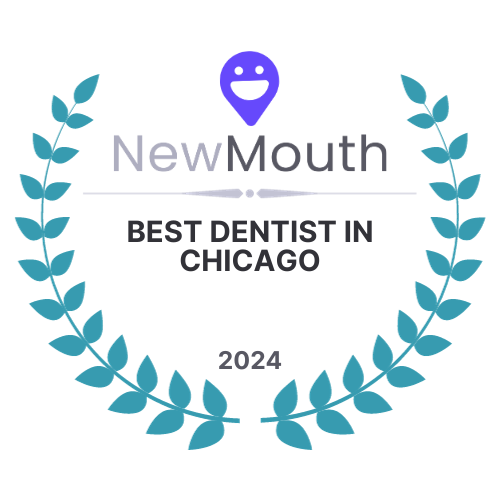6 of the Biggest Dental Myths
Introducing Accelerated Invisalign at Strobel Dentistry: Straight Teeth in Half the Time!! Meet the Team: Dr. Becky Weightman, Periodontist
We hear them all the time, and we’ve addressed many of them before. There are some deep-seated beliefs about your dental health that are hard to let go, but completely false. Below are some of the most common ones, debunked:
Sparkling water is good for me/my teeth.
Oh, we wish it were true. While LaCroix and other sparkling water options are certainly better for your body as a whole than soda, dentally they have much the same damaging effect. Carbonated beverages are, by their nature, quite acidic, especially when citrus flavors are added to the beverages. The carbonic acid in combination with the acid from citrus will erode the enamel and lead to serious decay. We’re not going to say don’t indulge, but to limit the damage, use a straw, drink quickly and rinse with water afterward!
Studies show I don’t need to floss.
Rather, it’s that there aren’t a wealth of studies out there that can prove the benefits of flossing. This, and the fact that brushing and flossing aren’t really in their purview prompted the removal of flossing from the federal dietary guidelines in August 2016. However, the ADA and federal government were both quick to come to flossing’s defense.
The reality is most likely that it’s just difficult to execute a large, well-controlled study of flossing. You have to rely too heavily on participant reports, which are often inaccurate or use exorbitant funds to run a study where these habits are closely monitored first hand. To date the only studies that have been well controlled were small and relatively short in duration, amassing weak evidence at best of flossing’s benefits.
What it in abundance, however, is the experience of most any dentist. Show a seasoned dentist a patient’s mouth and they can immediately tell you whether or not that person flosses. In our office alone we see countless cases of what we call “flossing cavities,” or decay resulting from ignoring the areas between your teeth. With flossing being so low cost and low time commitment, why not add it to your routine?
Radiation from dental x-rays is dangerous.
It’s understandably unnerving, coming that close to something the sole purpose of which is to aim radiation at you. But when you learn more about the technology, you begin to see that the radiation involved in dental x-rays is little more than what you get on the average flight. Unless you are under specific orders from your physician, there is no reason at all to fear x-rays. Taken yearly, they pose very little risk, and the benefit of that diagnostic information is priceless!
Fluoride is dangerous.
The debate about this has been going on for years, and can get pretty heated! But for fluoride to be lethal, you would need to ingest 5-10 g. To put that in context, the recommended level of fluoride in water is .7 to 1.2 parts per million – a very diluted dose! A person would need to really try to ingest too much fluoride, and in small doses, the benefits far outweigh the risks. The only place you should use caution is in children too young to effectively spit out toothpaste – in this instance, a non-fluoridated toothpaste is recommended to avoid fluoridosis.
Listerine causes cancer!
This may be one of the more sensational myths, and we hear it a surprising amount in our office. A few years ago, a study conducted in Europe set off a frenzy of articles claiming that alcohol-based mouthwashes cause cancer. While there was some correlation found in this study, some important things to note are:
The study refers only to excessive use (3+ times a day)
It is unclear whether the alcohol content of the mouthwash or poor oral hygiene overall was the main contributing factor to increased cancer risk
The most conclusive finding of the study was that poorer oral hygiene and dental care was a factor in the increased likelihood of oral cancers, thus reinforcing the importance of good oral hygiene habits!
Everyone has to have their wisdom teeth taken out.
Thankfully this one isn’t true either! Wisdom teeth only need to be removed if they are causing a problem in the mouth – i.e. they’re painful, crowding or misaligning the other teeth, or impacted. Now, these problems are very common with wisdom teeth, which is probably why the myth exists! But as long as they aren’t affecting your dentition and you’re able to effectively keep them clean and healthy, there’s no need to remove them.
As with any field, dentistry has its own complexities. If you ever have questions or are wondering if something is true, don’t hesitate to ask your dentist!
